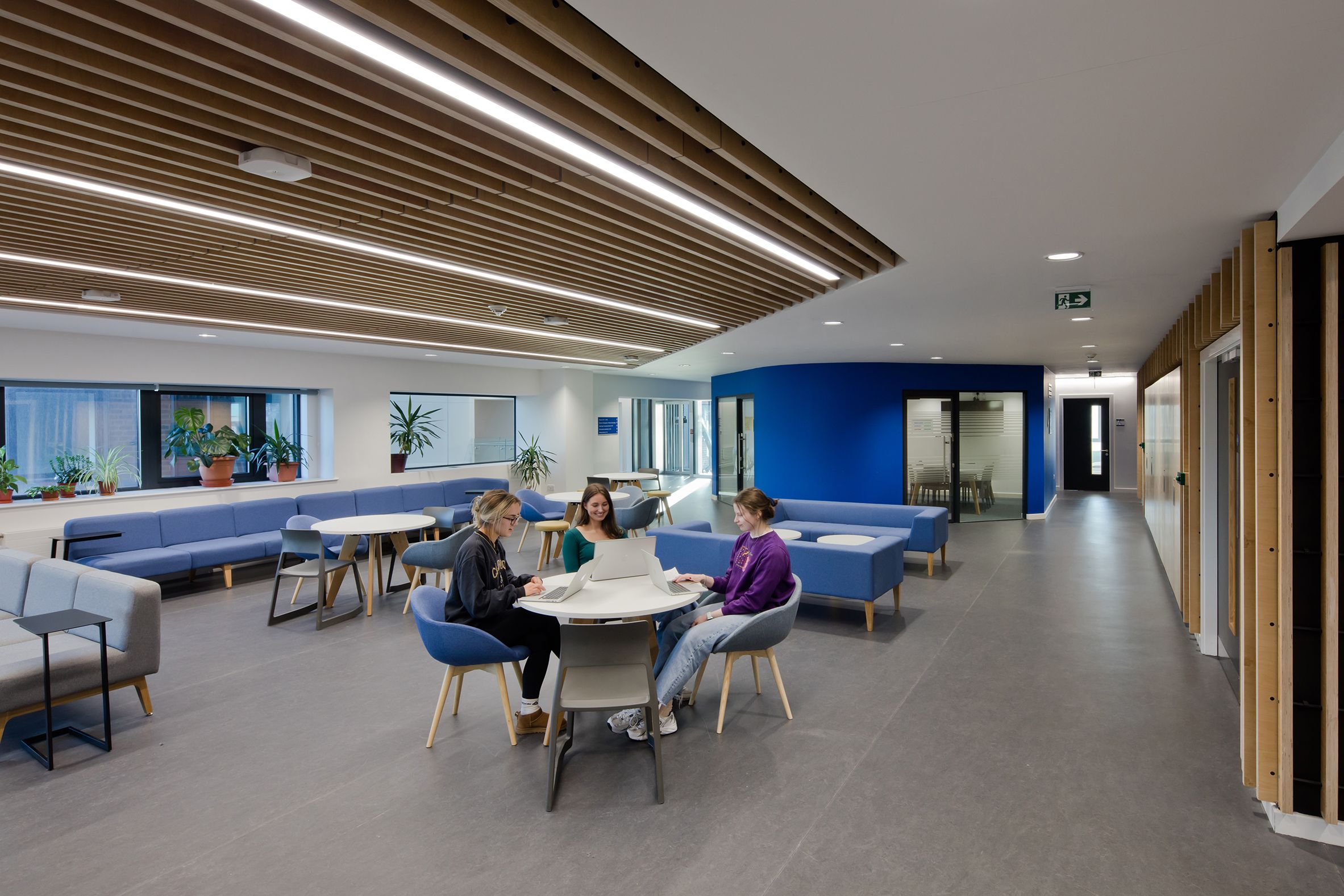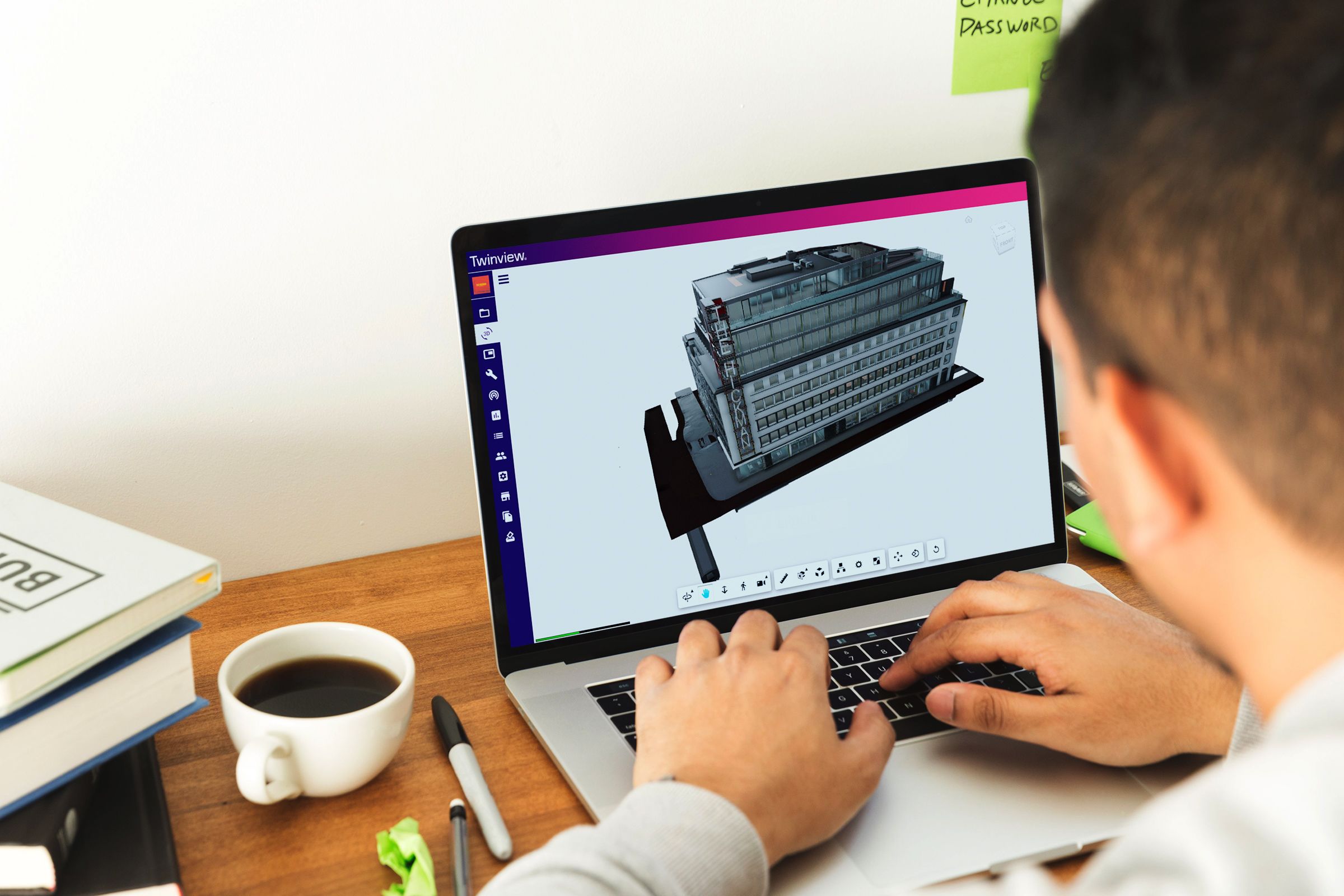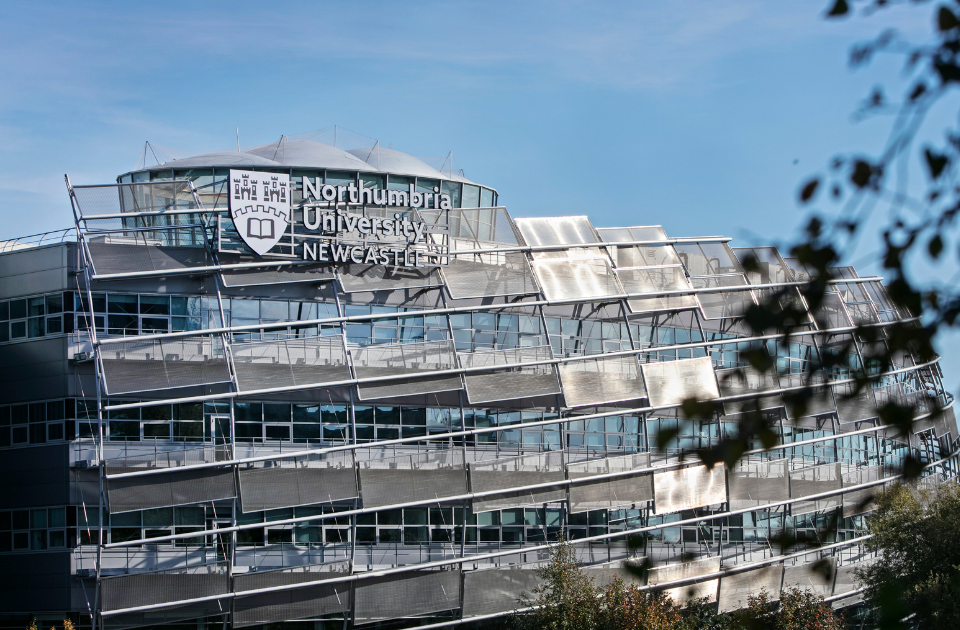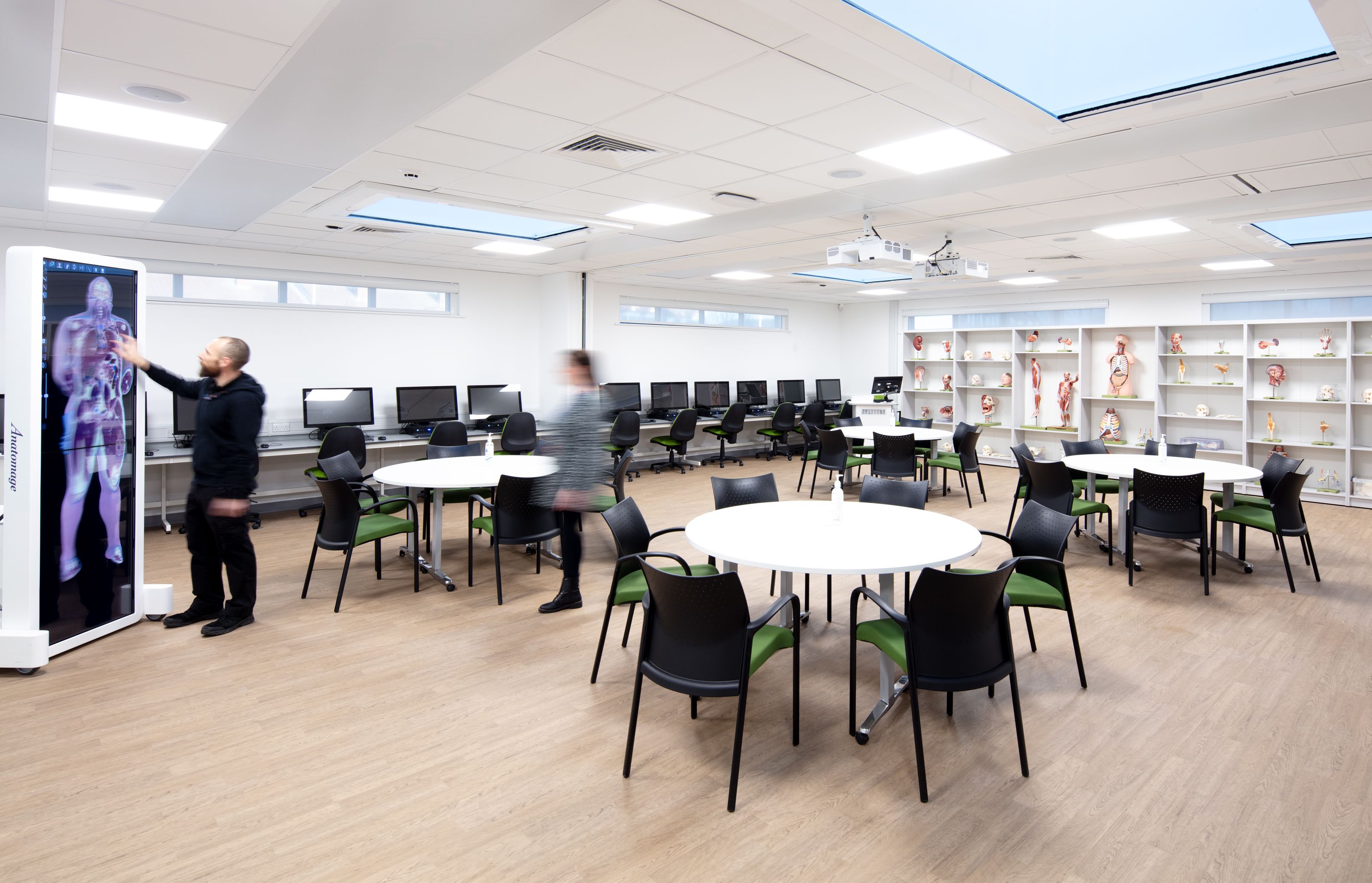
Our research
For us, architecture involves so much more than designing a building.
Our team is not only made up of architects but also programmers, environmentalists and researchers.
We solve complex design challenges through research, using the latest advances in technology and science to inform design.
We have skills in computational design, data analysis, augmented reality and artificial intelligence (AI) to predict, simulate and optimise building design and performance. And we use real-world data gathered through tech solutions to deliver outstanding results.
As technology develops, buildings are increasingly "smart" and AI plays a critical role in our approach. For example, our data scientists use AI to predict and simulate outcomes using environmental and occupier data from operational buildings.
Meanwhile, as we strive to minimise the resources required to reduce carbon in the construction and operation of buildings, data science plays an increasingly important role as we monitor and record building performance.



